TYRE PRESSURE
The correct tyre pressure means that tyres wear properly, and help your driving experience to be more comfortable, clean and safe. Every year in Europe 55.6 million tyres are lost through being incorrectly inflated.
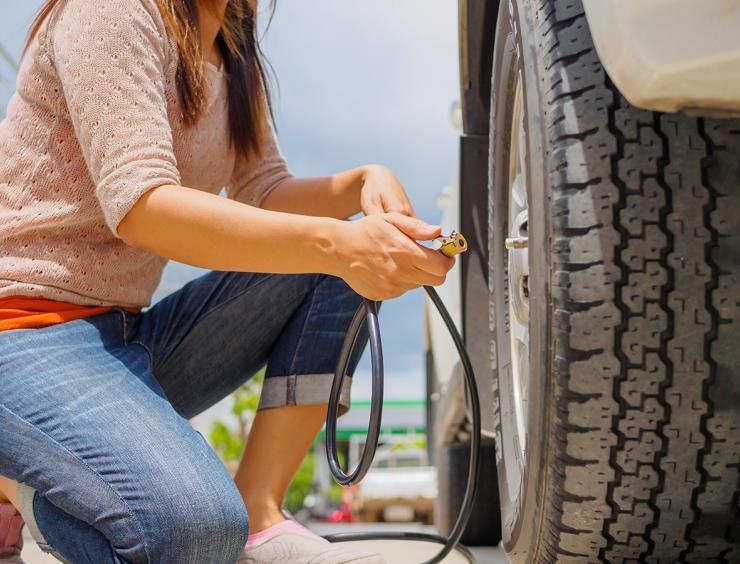
Why is tyre pressure so important?
Proper tyre pressure has many advantages, such as for instance:
- Security: a correct inflation pressure gives better control over the vehicle, optimising its performance, braking stability and shorter braking distance. It also maintains the correct temperature in the tyres, thus preventing the risk of a burst tyre.
- Economies: helps minimise tyre wear and fuel consumption. This can add up to two tanks’ worth of fuel a year.
- Environment: a tyre with low inflation pressure leads to higher fuel consumption and CO2 emissions.
- Convenience: easier driving.
How often should I check my tyre pressures?
Tyre pressure should be checked at least once a month, when tyres are cold, since pressure increases automatically when the tyre is warm, giving an incorrect reading. You should also check tyres before starting a long journey.

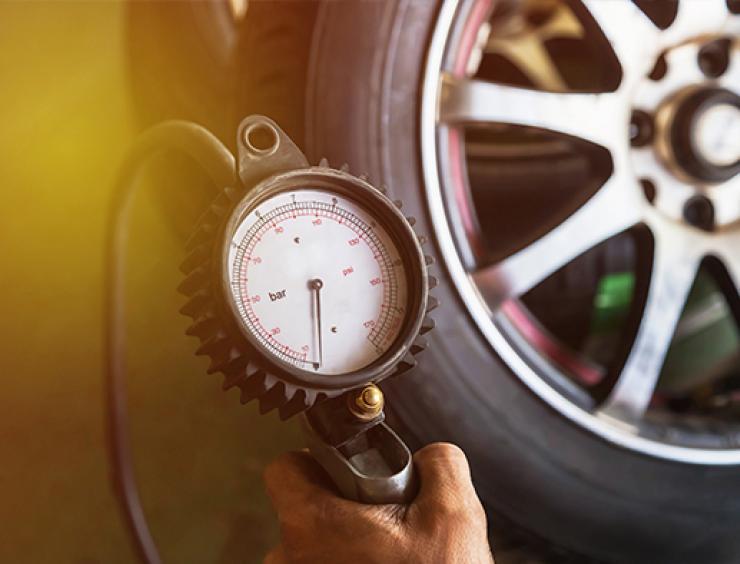
What happens when tyres are over-inflated?
Tyres find it harder to absorb pothole impacts and other irregularities in the road surface, affecting driving comfort, since there is less contact with the road. This can lead to irregular wear and damage to the tyre structure.
What happens to over-inflated tyres?
The temperature inside the tyre rises significantly, weakening the casing and causing internal damage. The sidewall of the tyre will wear much faster. Driving becomes more difficult, and we may lose control of the vehicle.
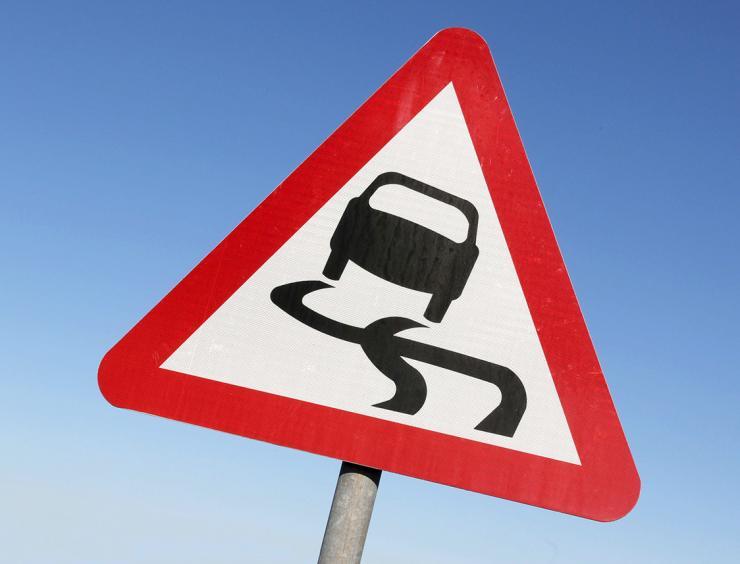
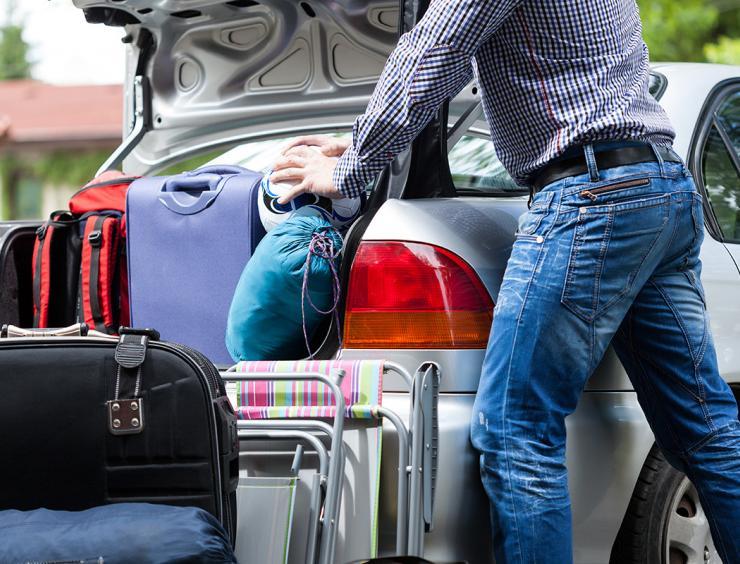
How do I know what the correct pressure is?
To find the correct pressure for your vehicle, check the manual or look for the plates on the driver’s door, in the glove box or on the fuel filler cover. It is important to remember that the heavier the payload of the vehicle, the higher the pressure should be.
Is it recommended to fill tyres with nitrogen?
Nitrogen is different from normal air, since it does not change in volume so much as temperatures change, and its molecules are larger. So it is harder for the molecules to escape from inside the tyre. Filling tyres with nitrogen gives the following benefits:
- Security: tyre pressure remains constant for longer and there is less risk of a burst tyre.
- Cost: fuel consumption is lower, and the tyres last longer.
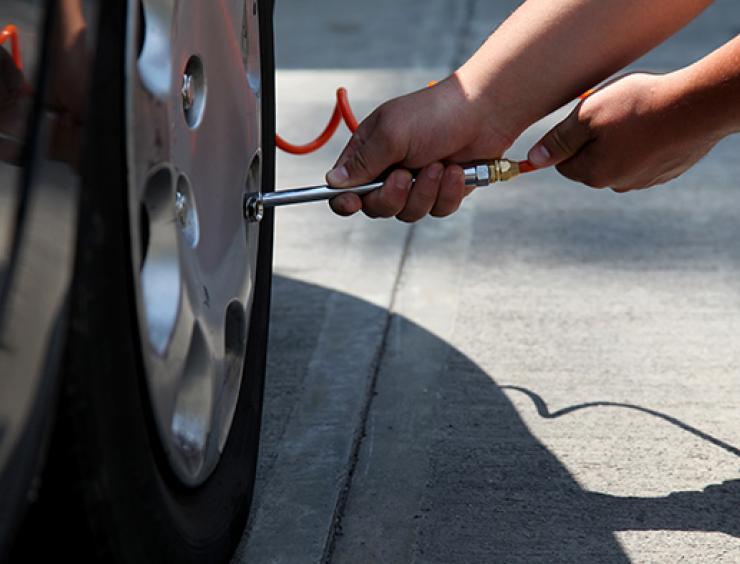
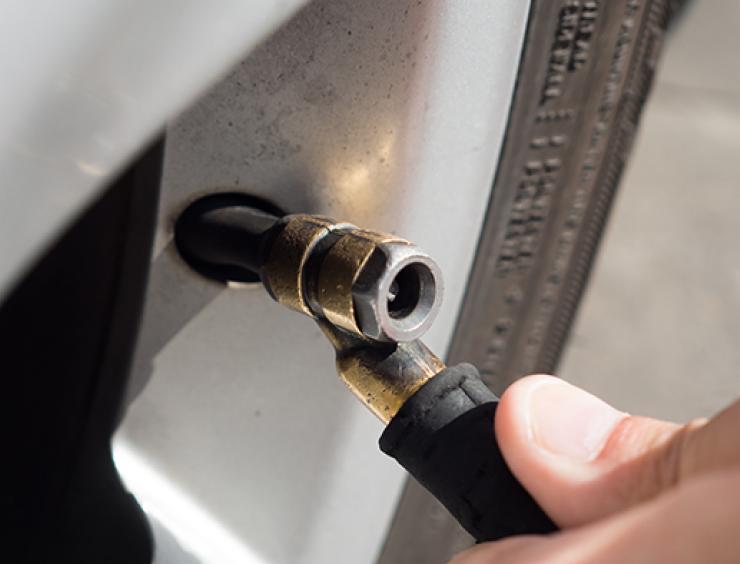
Can a tyre previously filled with nitrogen be filled with normal air?
Yes, although it loses the benefits of the nitrogen. It is preferable to driving on a tyre with low pressure.